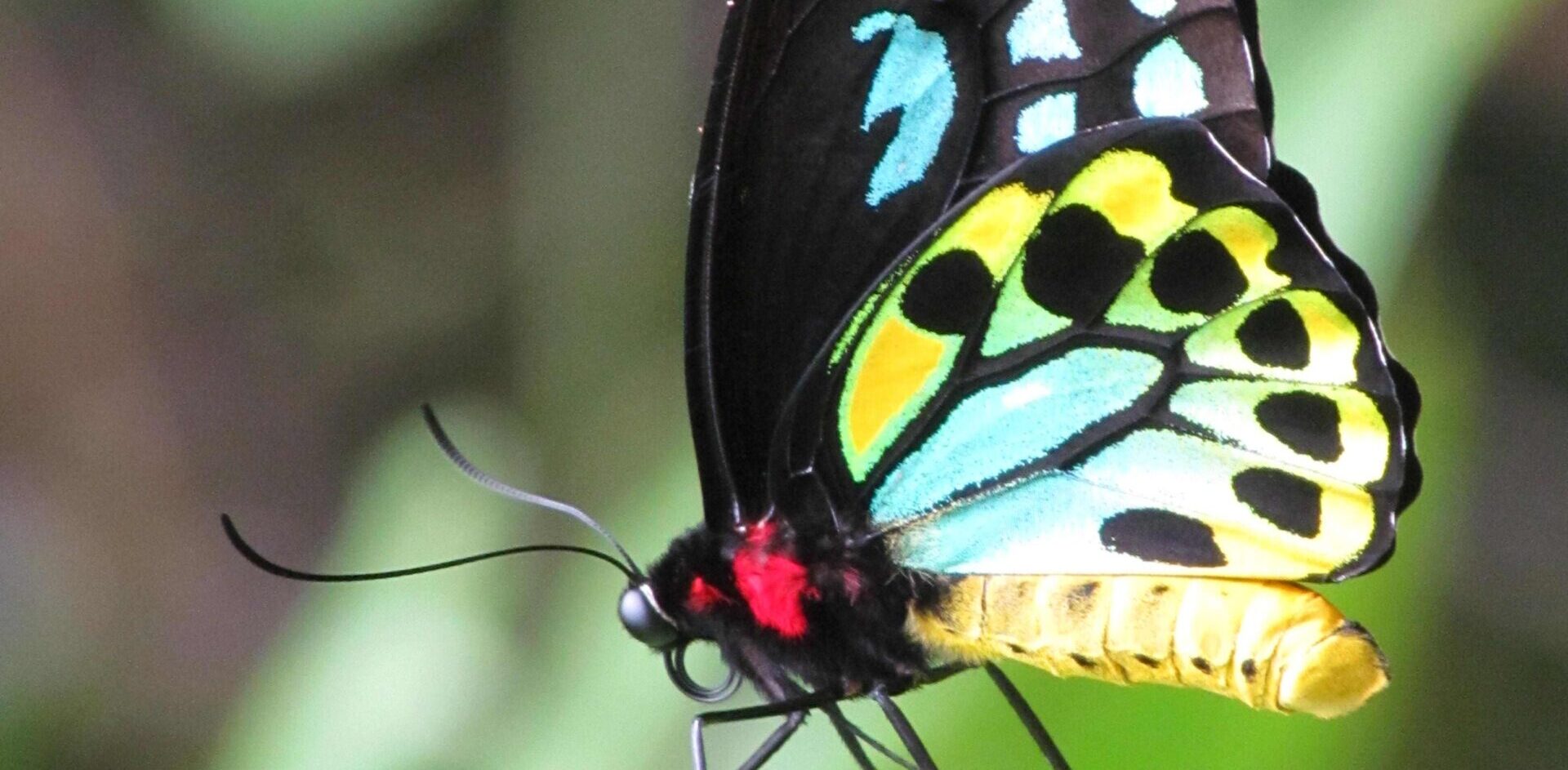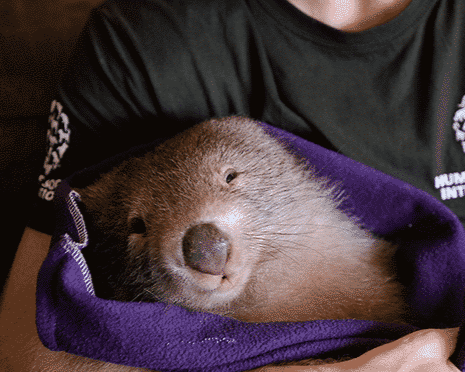The Newsletter of Humane World for Animals' Wildlife Land Trust • Issue 30 • 2025 Read More
Like many people stuck home as we self-isolate to stop the spread of COVID-19, I have been scrolling through Netflix and came across the series Tiger King which is trending right now.
I lived in the USA for eight years and was stunned when I learned there are more than 10,000 big cats in private ownership in the US—for a little perspective there are less than 4,000 tigers left in the wild.
Many of these animals live in squalid roadside zoos like the one run by the lead ‘character’ in this series—Joe Exotic.
This is the very same man exposed in an undercover investigation by our affiliate the Humane Society of the United States more than a decade ago.
The undercover investigator discovered it was routine to pull newborn cubs, some just hours old, from their mothers to be hand-raised for handling by the public. Customers were allowed to keep handling tiger cubs, even when the infants cried uncontrollably. Tiger cubs were ‘trained’ by being punched in the face, dragged by leashes and hit with sticks. Sick and injured animals were routinely denied veterinary care.
Tiger King focuses on colourful ‘characters’ like Joe (who is currently serving time in prison) rather than the brutal life lived by the poor tigers.
And the people who flock through the doors of these facilities offering wild animal interactions and cub petting often do so because they ‘love’ animals.
For this reason, the truth needs to be exposed.
These animals suffer in captivity. The cute cub that you can have your photo taken with has been ripped from its mother, does not receive proper care and is often actively mistreated, and will be killed as soon as it is outlived its ‘cuteness’.
If there is only one message that I urge people to take away from watching Tiger King—it is never, ever visit any venue that offers interactions with big cats, especially cubs.
A genuine sanctuary offers tigers that have been removed from owners like ‘Joe Exotic’ a home and gives them care for the rest of their lives. They do not breed. And they do not allow interactions with the animals.
So if you love animals, respect them. And if you can, go and see them in the wild—which is the only place they really belong.
To subscribe to our blog click here.
Erica Martin is the CEO of Humane Society International Australia. Erica joined HSI in 2017 after working for the International Fund for Animal Welfare (IFAW) as the Vice President of Global Communications based in the USA. Prior to that she was the Regional Director for IFAW Asia Pacific, based in Sydney. Erica also has a wealth of experience in government relations having previously worked for the Australian Federal Government as Director of Communications for the then Department of Communications, Information Technology and the Arts in Canberra.


